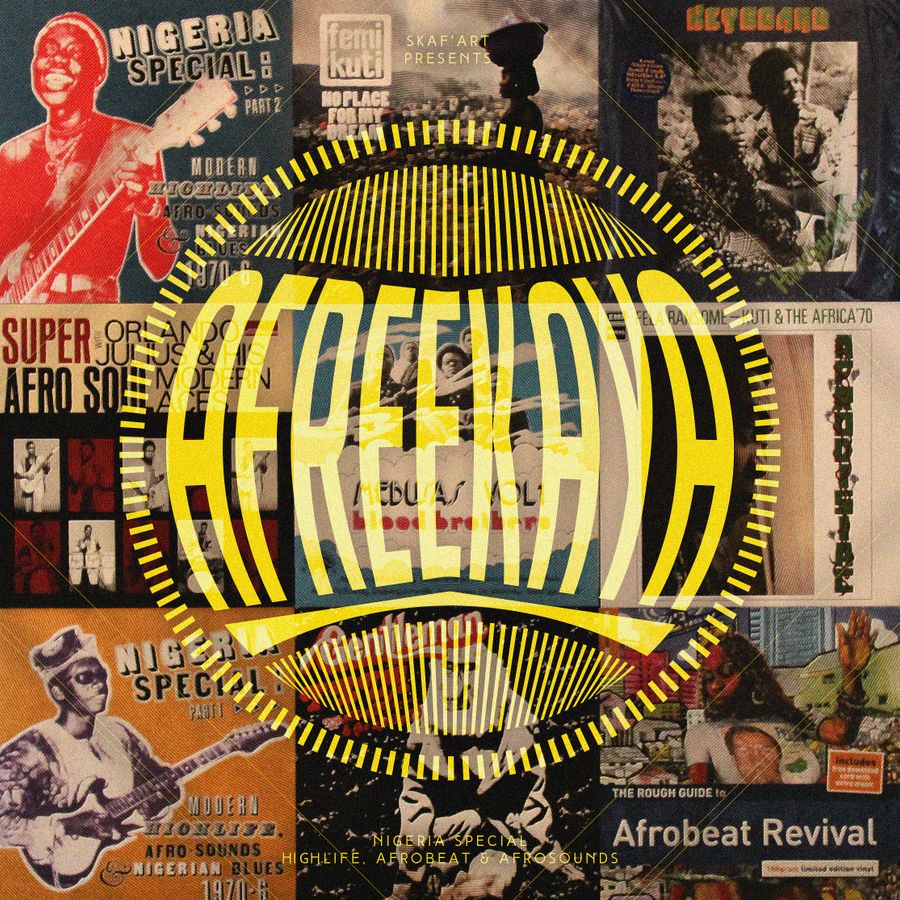


Other compilations, such as Rough Guide’s well-meaning series, have tended towards a totalizing approach to modern West African music, jumping between different countries and decades to create potted histories that always seem to end with Kuti. Unusually, Nigeria Special’s emphasis is on recordings made east of Lagos – previous collections have focused on music from the Yoruba speaking capital, as there were few recording studios outside of Lagos and Onitsha. Along with St Augustine & His Rovers Dance Band and Mono Mono, Ukwu’s more subdued take on the sound, with lilting guitar lines and vibraphone, is one of the many highlights on this wide-ranging, revelatory compilation. Mensah’s heir to the highlife throne, Rex Jim Lawson, died in a car crash in 1971, and Celestine Ukwu was one of the most popular performers to fill the gap.

While not exactly covering highlife’s last gasp, Nigeria Special traces a period that falls after the best-known recordings of original ‘King of Highlife’ E.T. Indeed, some groups on Nigeria Special, like The Force 7, even learnt to play in police or army bands. The fighting fractured newfound national confidence and confused cultural identity, causing many Igbo musicians – who played the Afro-rock and highlife featured on the compilation – to leave the recording studios and concert halls of Lagos for their eastern hometowns. The Biafran War – so-called because of the southeastern provinces’ attempted secession to form an independent Republic of Biafra – began seven years after the country gained independence from colonial rule, effectively halting a fertile period of economic growth. The 26 tracks collected on the second installment of the excellent Nigeria Special compilation were all recorded in Nigeria during the aftermath of civil war, the conflict that, between 19, claimed around 30,000 lives.


 0 kommentar(er)
0 kommentar(er)
